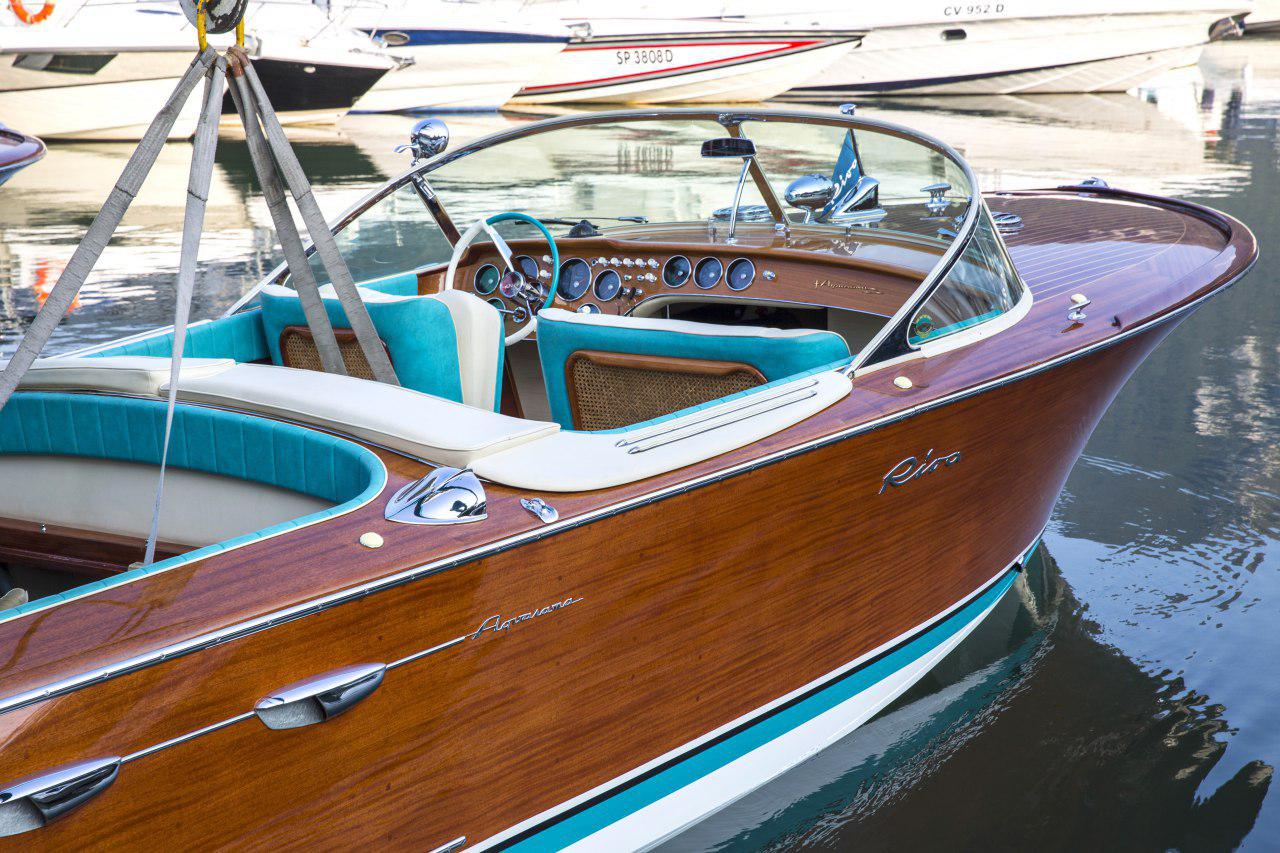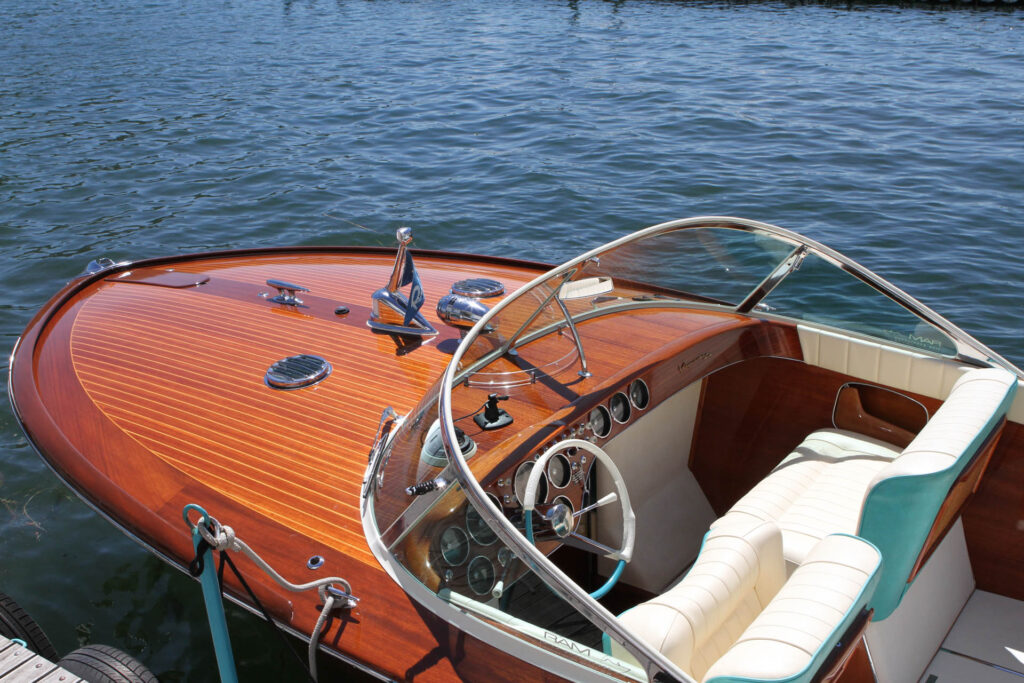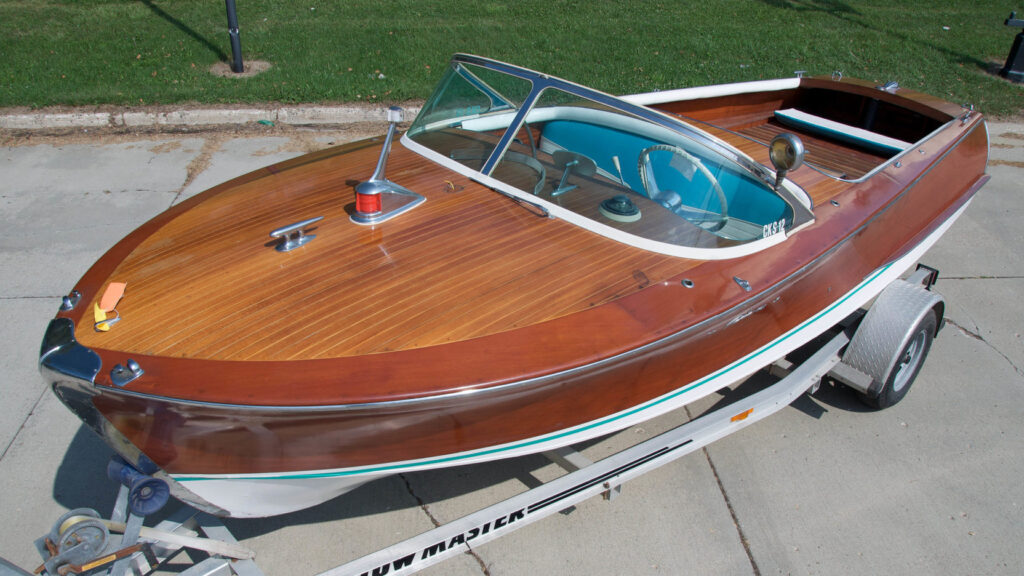
A Guide to Maintaining Your Riva Boat in 2024: 5 Tips and Tricks for Longevity and Performance
Riva boats are known for their luxurious design, excellent performance, and unmatched beauty. These vessels have been around for more than 100 years, and their timeless elegance has made them a favorite among boating enthusiasts. However, owning a Riva boat comes with a responsibility to ensure its longevity and performance.
Maintaining a Riva yacht is no easy task, but with the right knowledge and techniques, it can be a rewarding experience. In this article, we will provide you with a comprehensive guide to maintaining your Riva boat.
1. Regular Cleaning and Washing

Regular cleaning and washing are essential for maintaining the appearance and longevity of your Riva boat. Keeping your vessel clean prevents the buildup of dirt, grime, and salt that can cause damage over time. It also helps to maintain the boat’s resale value and preserve its beauty.
When cleaning your Riva craft, it is important to use the right tools and products. Use a soft sponge or cloth to avoid scratching the boat’s finish. Avoid using abrasive materials or harsh chemicals that can damage the vessel exterior and interior surfaces. Always use mild soap and fresh water to clean the vessel. Rinse the boat thoroughly after washing to ensure that all soap residue is removed.
The exterior of the Riva boats requires more attention than the interior. Start by washing the boat from top to bottom, using a bucket of soapy water and a soft sponge. Pay attention to hard-to-reach areas and use a long-handled brush to clean them. Use a chamois or microfiber towel to dry the vessel after washing.
For the interior of your Riva boat, use a soft brush to remove dust and dirt from the surfaces. Use a vacuum cleaner to remove any debris from the carpets or upholstery. Wipe down the surfaces with a damp cloth and mild soap, then dry them with a clean towel.
Regular cleaning and washing are not only essential for the appearance of your Riva boat, but also for its longevity and performance. A well-maintained vessel is a happy vessel, so make sure to schedule regular cleaning sessions to keep your Riva craft in top condition.
2. Regular Maintenance

Regular maintenance is a critical aspect of maintaining the longevity and performance of your Riva boat. By following the manufacturer’s maintenance schedule, you can ensure that your boat is in top condition and prevent any major issues from occurring.
Some of the maintenance tasks that need to be performed regularly include checking the engine oil level, changing the oil and oil filter, checking the fuel filter, inspecting the battery, and inspecting the hull and propeller. Checking the engine oil level and changing the oil and oil filter are essential for the engine’s health and longevity. The fuel filter needs to be checked regularly to ensure that it is clean and free of debris. The battery needs to be checked to ensure that it is fully charged and free of corrosion. Inspecting the hull and propeller is essential to identify any damage or wear and tear that may cause problems in the future.
By performing regular maintenance on your Riva boat, you can ensure that it is in top condition and avoid any unexpected issues. Neglecting maintenance can result in costly repairs and downtime for your rowboat. Make sure to follow the manufacturer’s recommendations and schedule maintenance sessions regularly to keep your Riva ship running smoothly.
3. Proper Storage
Proper storage is crucial for maintaining your Riva craft. If you live in an area with harsh weather conditions, storing your vessel indoors or in a covered area is essential. Exposure to the elements can damage the boat’s finish and cause wear and tear on its components. When storing your boat, make sure to remove all electronics, cover the ship with a protective cover, and use a craft stand to keep it off the ground.
4. Winterization

Winterization is an essential part of maintaining your Riva boat’s longevity and performance. When winterizing your craft, you need to protect it from harsh winter weather conditions and prevent any damage from occurring.
One of the key steps in winterizing your vessel is to drain all the water from the engine and the water system. This is to prevent any water from freezing and expanding, which can cause damage to the engine and pipes. You also need to add antifreeze to the engine and water system to ensure that any remaining water is protected from freezing.
5. Hiring a Professional
Maintaining a Riva boat can be challenging, and sometimes it is best to leave it to the professionals. Hiring a professional boat mechanic can ensure your boat is well-maintained and in top condition. A professional can perform maintenance tasks such as engine tune-ups, hull repairs, and electrical system checks. Additionally, they can provide valuable advice on how to care for your craft and improve its performance.
Conclusion
Maintaining your Riva boat is essential for its longevity and performance. Regular cleaning, washing, and maintenance can prevent major issues from occurring, and ensure that your boat is in top condition.
Regular cleaning and washing of your ship prevent the buildup of dirt, grime, and salt that can cause damage over time. By using the right tools and products, you can avoid damaging the exterior and interior surfaces of your Riva boat. Cleaning the exterior from top to bottom, paying attention to hard-to-reach areas, and drying the yacht after washing are all essential steps to keep your vessel looking its best.
Regular maintenance is also crucial to keeping your Riva boat running smoothly. Checking the engine oil level, changing the oil and oil filter, inspecting the battery, and inspecting the hull and propeller are all tasks that need to be performed regularly to prevent costly repairs and downtime for your boat.
Overall, maintaining your Riva craft requires attention to detail and a commitment to regular upkeep. By following the manufacturer’s recommendations and scheduling regular maintenance sessions, you can ensure that your vessel remains in top condition and provides you with many years of enjoyment on the water.
